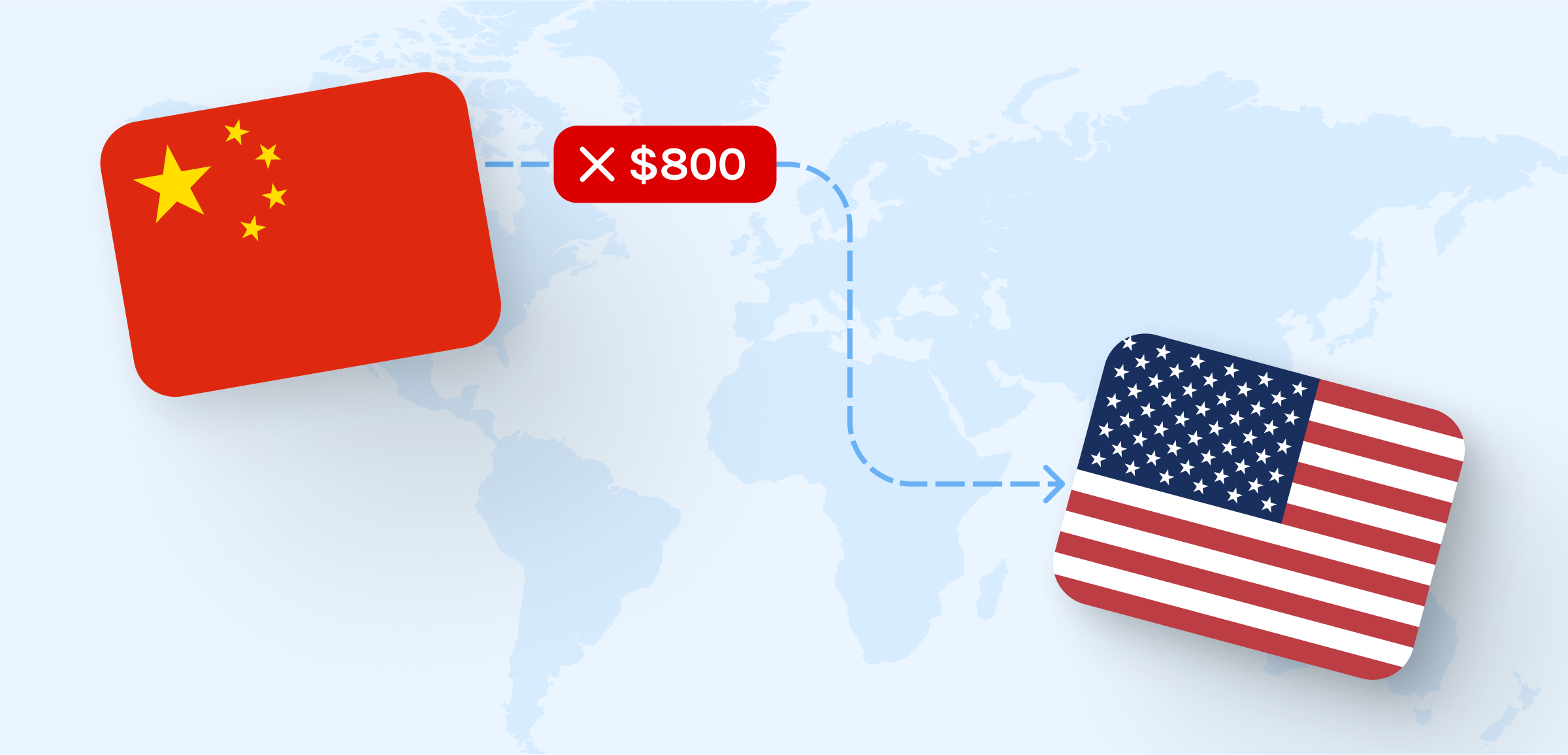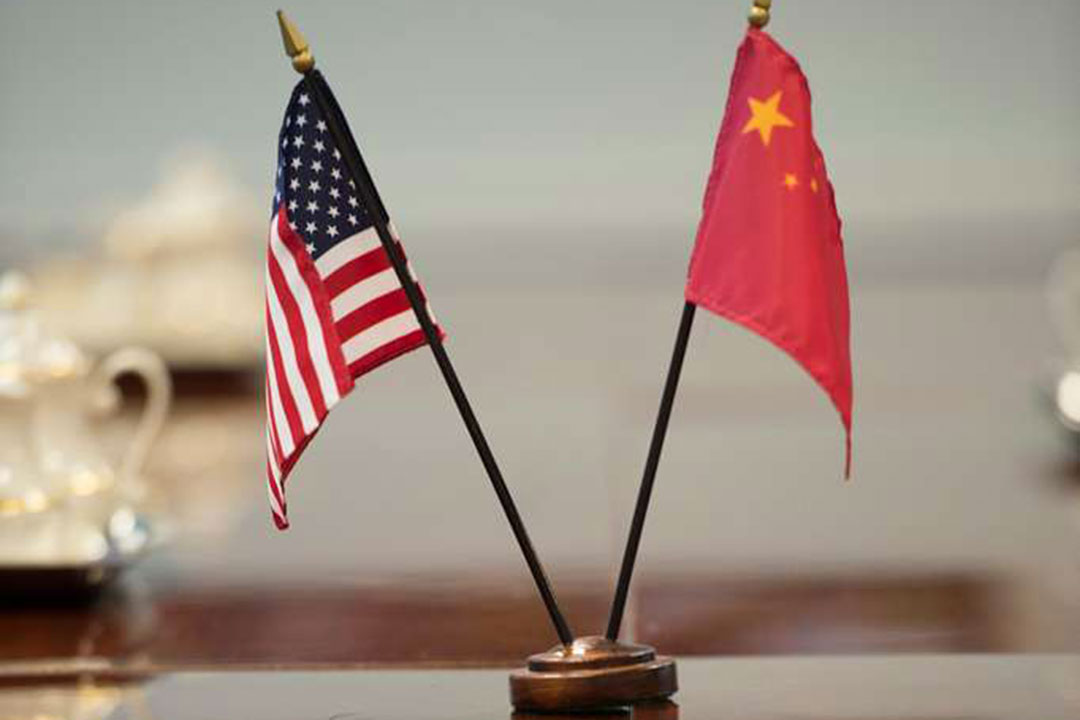The American online shopping market underwent a seismic transformation on May 2, 2025, when President Trump’s administration officially eliminated the de minimis trade exemption for Chinese goods, fundamentally altering how millions of consumers purchase products from popular platforms like Shein, Temu, and AliExpress. This historic policy change represents the end of an era for duty-free shopping from China, as the $800 threshold that previously allowed small shipments to enter the United States without tariffs has been completely abolished for Chinese and Hong Kong-made products.
The de minimis rule, which dates back to the 1930s, was originally designed to facilitate small-scale international trade by allowing low-value goods to bypass complex customs procedures and tariff payments. However, this exemption became the cornerstone of Chinese e-commerce platforms’ business models, enabling them to ship products directly to American consumers at remarkably competitive prices. The explosive growth of these platforms was directly tied to this loophole – U.S. Customs and Border Protection processed over 1.36 billion de minimis shipments in 2024, a dramatic increase from just 139 million in 2015.
The elimination of this exemption coincides with the implementation of unprecedented 145% tariffs on Chinese imports, creating a double impact on cross-border e-commerce. Under the new regulations, every package from China or Hong Kong, regardless of its value, must now undergo full customs clearance and pay applicable duties and fees. For shipments through the U.S. Postal Service, this translates to tariffs equivalent to 120% of the goods’ value or a flat fee of $100 per package. This represents a fundamental shift from the previous system where a $54 average-value package could enter the country completely duty-free.
The End of Duty-Free Chinese E-commerce
The policy implementation on May 2, 2025, marked a definitive end to the era of affordable Chinese e-commerce in America. Previously, any product valued under $800 could bypass tariffs and customs red tape when shipped directly to consumers. This exemption had become increasingly exploited by Chinese retailers, particularly after Trump’s initial trade war during his first presidency, when companies began using individual shipments to circumvent bulk import tariffs.
The new regulations require every Chinese-made product to undergo formal customs entry procedures, treating individual consumer packages exactly like commercial bulk imports. This means filing consumption entries with U.S. Customs and Border Protection, a process that adds both time and cost to every transaction.
Impact on Popular Shopping Platforms
Chinese e-commerce giants Shein and Temu built their entire U.S. business models around the de minimis exemption, offering ultra-low prices by shipping directly from Chinese warehouses to American doorsteps. The elimination of this loophole has immediately impacted their pricing structures and checkout experiences, as consumers now face significant additional costs at the point of purchase.

The volume of affected shipments is staggering – in 2024 alone, over 1 billion packages claimed the de minimis exemption, with the average package value being just $54. This massive volume demonstrates how integral the exemption has become to modern cross-border e-commerce operations.
Policy Rationale and Broader Trade Context
The Trump administration cited multiple justifications for eliminating the de minimis exemption, including addressing fentanyl concerns, correcting trade imbalances, and creating a level playing field for domestic retailers. Officials described the change as “a critical step in countering the ongoing health emergency posed by the illicit flow of synthetic opioids into the U.S.”
This policy change represents part of a broader escalation in U.S.-China trade tensions throughout 2025, with tariffs reaching unprecedented levels of 145% on Chinese goods.

